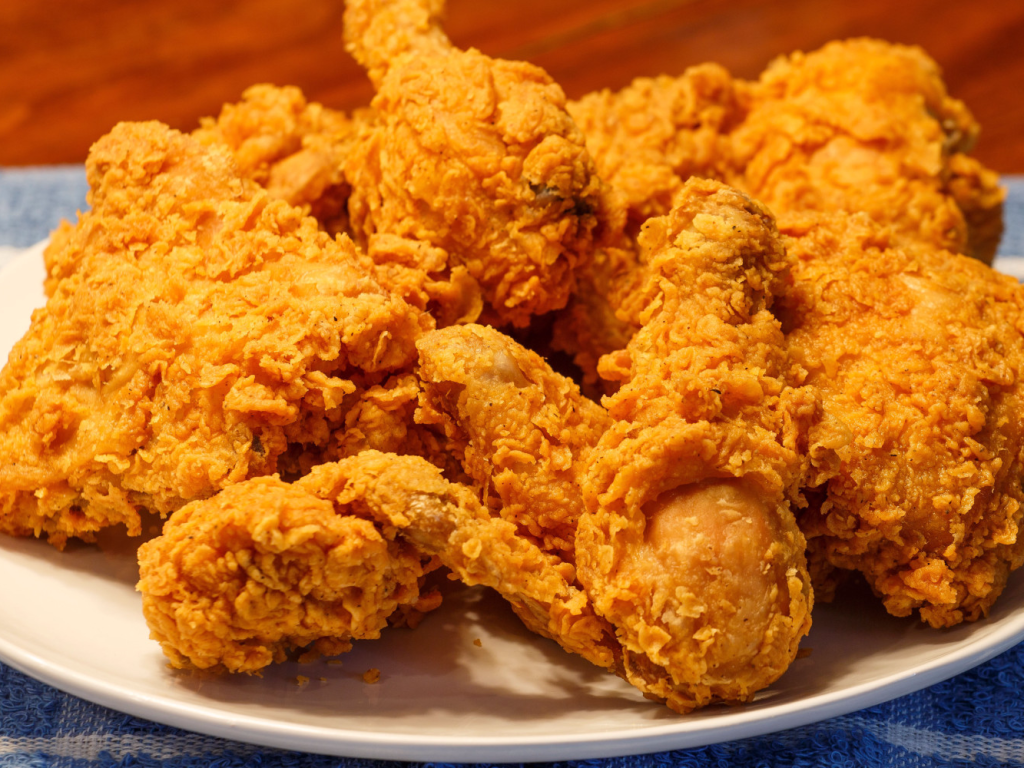Owners cooking with vegetable oil may wonder if drips or small amounts could harm their canine taste testers. While too much can cause gastrointestinal issues, in moderation vegetable oil is not toxic to dogs. Certain types offer health benefits as supplements. However, poor quality oils or rancid fats could pose risks. Understanding which vegetable oils are dog-safe and how to feed responsibly helps avoid potential problems.
Is Vegetable Oil Safe for Dogs?
Highly processed vegetable oils are not poisonous to dogs when consumed in tiny amounts. Oils from plant sources include:
- Corn oil
- Soybean oil
- Sunflower oil
- Safflower oil
- Canola oil
However, these provide minimal nutritional value. Better options include small amounts of unrefined coconut, olive or flaxseed oils which offer more benefits. The biggest risk is gastrointestinal upset if a large volume of any oil is eaten. Pancreatitis is also a concern with excessive fatty foods.

Benefits of Vegetable Oil for Dogs
In moderation, adding certain unrefined plant-based oils to your dog’s diet may provide:
- A shiny, healthy skin and coat from omega fatty acids.
- Relief of dry, itchy, or irritated skin when applied topically.
- A source of energy from fatty acids.
- Support for joint, immune and cardiovascular health.
- Better absorption of fat-soluble vitamins like A, D, E and K.
Talk to your vet before supplementing with oils to ensure safety and proper amounts based on your dog’s health and condition. Introduce gradually.
Risks of Feeding Dogs Vegetable Oils
While not toxic per se, risks of overfeeding or poor quality oils include:
- Pancreatitis from a sudden high fat intake.
- Obesity when feeding excessive amounts chronically.
- Allergic reactions in dogs with sensitivities, especially to coconut oil.
- Vitamin E deficiency when fed long-term without supplementation.
- Gastrointestinal distress, diarrhea or vomiting from eating rancid oils.
Check with your vet before supplementing oils. Feed conservatively and opt for unrefined oils for highest quality nutritional benefits.
Tips for Feeding Dogs Vegetable Oils
Follow these tips for safely incorporating vegetable oils:
- Start with small amounts like 1/4 tsp and gradually increase to observe effects.
- Select unrefined coconut, olive, or flaxseed oil for added nutritional value.
- Never feed dogs plain cooking oils like canola or vegetable oil in excess.
- Monitor weight and reduce calories elsewhere when supplementing oils to prevent obesity.
- Refrigerate oils after opening to prevent rancidity. Discard any with a suspicious smell.
- Pair oil supplements with vitamin E to prevent depletion from chronic use.
Adding a few drops or tsp of healthy oils to meals or as skin supplements can benefit most dogs in small amounts. Monitor effects.

Can Dogs Eat Coconut Oil?
Yes, unrefined virgin coconut oil is generally safe for dogs. It provides antioxidants, boosts metabolism, and improves skin and coat health. Start with just 1/4 tsp for small dogs or 1 tsp for larger breeds once per day with food. Gradually work up to 1 tsp for every 10 lbs of body weight if tolerated. Monitor weight and stool consistency.
Are Cooking Oils Like Canola Oil Safe for Dogs?
Small accidental licks or ingestion of canola, soybean or vegetable cooking oils are not toxic. However, these highly processed oils lack nutritional value compared to unrefined oils. They also pose a higher risk for GI upset if over consumed. Avoid intentionally feeding dogs straight cooking oils.
Conclusion
Dog owners need not panic if their pup swipes a small amount of vegetable oil during cooking. In moderation, healthier unrefined oils like coconut may even provide benefits. However, avoid feeding dogs straight from the bottle to prevent gastrointestinal issues, obesity or vitamin deficiencies from too much. Check with your vet before supplementing oils, start slow, and monitor effects. With judicious use, the right oils can be a safe addition.

Frequently Asked Questions About Dogs and Vegetable Oils
How much vegetable oil can I give my dog?
Very small amounts like 1/4 tsp for little dogs or 1 tsp for large dogs a few times a week is plenty in most cases. Adjust as needed based on benefits or GI effects.
Can dogs have olive oil?
Yes, unrefined olive oil is great for skin and coat health. Start with just 1/4 to 1 tsp daily for average dogs and monitor effects. Too much may cause loose stools.
Is coconut oil safe for dogs?
Unrefined coconut oil is generally safe and nutritious for dogs in conservative amounts. Start with 1/4 tsp and slowly work up to no more than 1 tsp per 10 lbs body weight.
What if my dog eats a lot of cooking oil?
Contact your vet, as pancreatitis is a risk with a sudden large fat intake. Avoid inducing vomiting unless your vet advises it. Monitor closely for vomiting, diarrhea or lethargy.
Can oil help my dog’s dry, itchy skin?
Yes, adding skin-soothing oils like coconut, olive or flaxseed to your dog’s diet or applying topically may help relieve dry skin issues. Always monitor for reactions.


